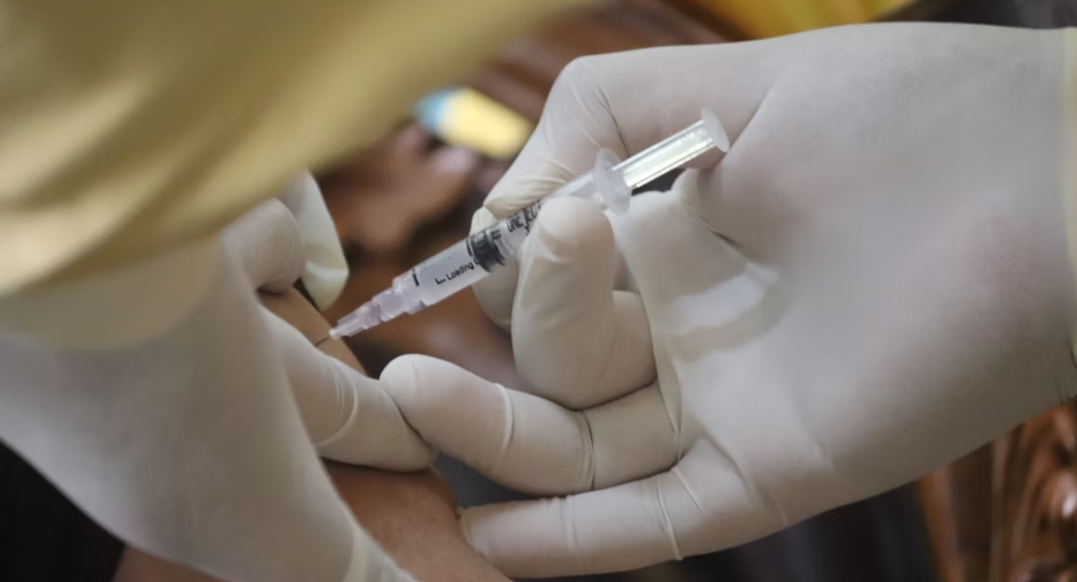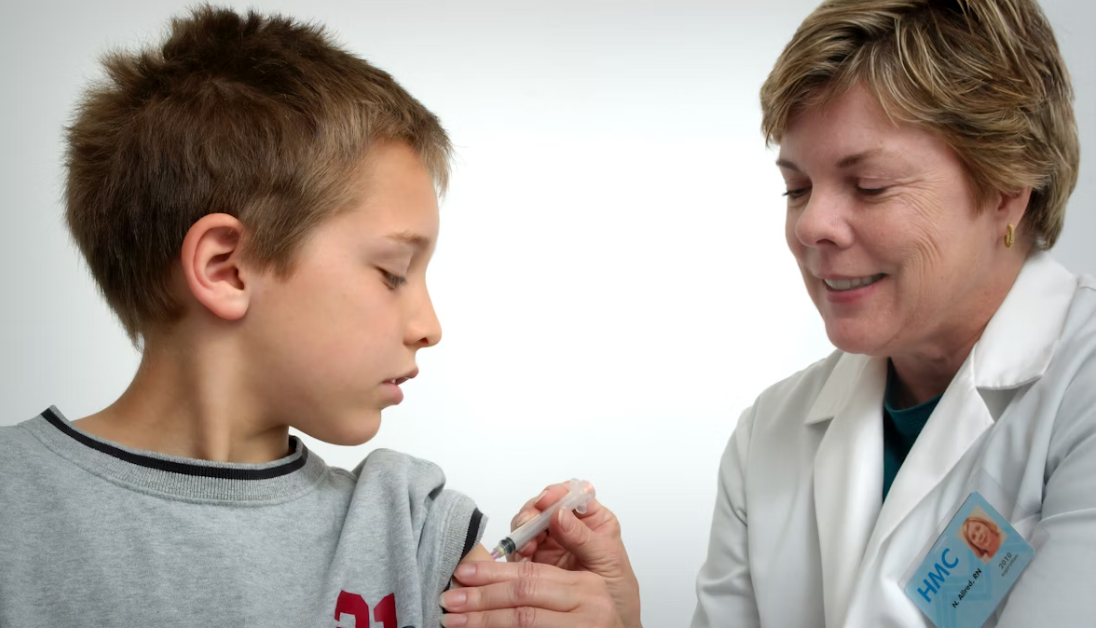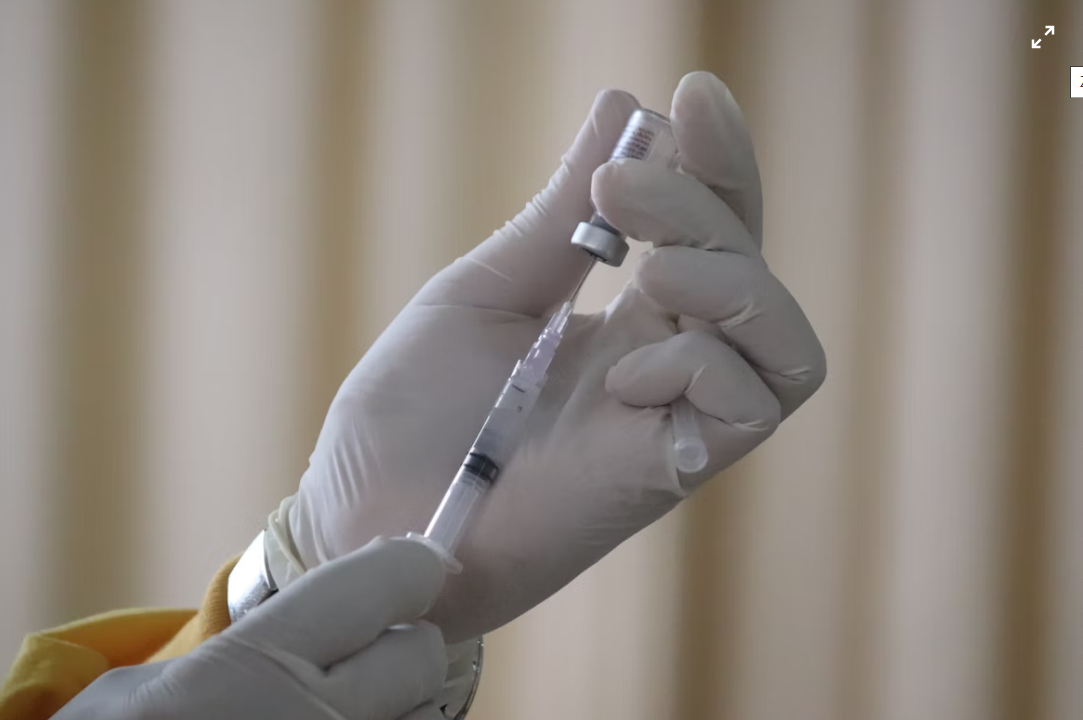By Charalampos Karouzos,
In recent weeks, the United States has witnessed a dramatic chnage of its vaccine advisory landscape, spurred by Health Secretary Robert F. Kennedy Jr.’s swift and sweeping decisions. His willl to change the trajectory of health in the USA, and make America healthy again, as his slogan says so, is neither new not neglected by the media. However his recent step to fire the entire Advisory Committee on Immunization Practices (ACIP) and its replacement with a new non-elected panel, at least half of whom have expressed skepticism toward vaccines, has had major ripple effect among the public and experts. This radical reshaping of federal vaccine policy and its advisory processes threatens to undermine decades of evidence-based public health practice and more critically, it calls into question the government’s commitment to safeguarding children against preventable infectious diseases.
Vaccines, at their core, are among the most successful and cost-effective public health interventions ever seen in medicine. They have nearly eradicated smallpox, dramatically reduced the burden of polio and measles, and continue to save millions of lives annually. Unlike many treatments that help manage disease, vaccines prevent illness before it occurs, especially in the most vulnerable populations like children. For these reasons, decisions about vaccines must be grounded not in ideology or personal belief but in the rigorous framework of evidence-based medicine (EBM).
And yet, the recent developments under Kennedy’s leadership veer dangerously from that standard. By appointing advisers with limited experience in immunology, microbiology, or epidemiology, and giving the floor to figures long associated with vaccine skepticism, the Department of Health and Human Services is shifting its decision-making away from the scientific consensus. The new committee’s first meeting, which took place after just two weeks of preparation, included presentations citing discredited theories and even non-existent studies, causing a widespread alarm among public health experts, many of whom see the agenda as prioritizing political ideology over scientific rigor.

At the center of the controversy is thimerosal, a mercury-based preservative that has long been removed from most childhood vaccines as a precaution, despite repeated evidence showing it poses no harm. The renewed focus on thimerosal, championed by one of Kennedy’s appointees and longtime allies, was seen by experts as an effort to revive long-debunked claims about links to autism. These arguments have been rejected time and again by research from the CDC, WHO, and independent scientists, tet the fact that such topics were given official time and credibility during a federal advisory meeting suggests that the goal may no longer be about determining the best scientific course of action but rather about sowing doubt.
Senator Bill Cassidy, a physician and Republican chairman of the Senate health committee, called for the vaccine panel meeting to be postponed, citing the new appointees’ lack of relevant expertise and the appearance of ideological bias. Cassidy’s criticism is especially notable because he voted to confirm Kennedy’s appointment after receiving assurances that the ACIP would remain unchanged and committed to scientific integrity. The rapid unraveling of those commitments has triggered concerns not only about vaccine policy but also about the broader erosion of public trust in health institutions.
One of the most immediate and consequential risks of these shifts is the potential confusion around pediatric vaccination guidelines. For decades, the ACIP’s recommendations have helped determine which vaccines children receive and when, which is fundomental as insurance coverage, school immunization requirements, and parental decision-making all depend on this guidance. Disrupting this process, or filling it with pseudoscientific claims, could jeopardize access to lifesaving vaccines. When the committee voted to rescind recommendations for certain flu vaccines, despite clear evidence of their safety, it was seen by many as a symbolic first blow to established immunization policy.

The effects of these decisions are not abstract; they have tangible consequences. When vaccination rates drop, preventable diseases return. Measles outbreaks, once a rarity, have already made a comeback in parts of the U.S. and Europe due to vaccine hesitancy. A rollback in federal recommendations could accelerate this trend, leaving children at greater risk and overwhelming local healthcare systems. As New York Times video explains, if vaccines are no longer officially recommended, fewer parents will seek them, insurance companies may stop covering them, and the social contract that protects public health could fracture.
It is critical to stress that change, in and of itself, is not inherently dangerous. Science evolves, and medical policy must adapt with new evidence, and that’s desirable. But when changes are driven not by data but by personal belief, political agenda, or misinformation, they risk doing far more harm than good. The shift we are witnessing is not a natural progression of science; it is a rupture with the foundational principles of evidence-based medicine.
The role of government in public health is to translate scientific knowledge into equitable and effective policy. When that role is abdicated in favor of controversial and unverified viewpoints, the most vulnerable suffer first, especially children, who rely on adults and institutions to protect them. Robert F. Kennedy Jr.’s legacy of questioning vaccines is not new, but his ability to shape national policy is. That power must be wielded with an unwavering commitment to facts, data, and the ethical responsibility to do no harm.
As this administration steers the national conversation, but also with its influence the world, into increasingly uncertain territory, the rest; scientists, healthcare workers, journalists, and the public, we, must act to prevent the worst. The stakes are too high to allow mistrust and misinformation to drive medical policy.
Vaccines matter. Evidence matters. And in the realm of children’s health, there is no room for guesswork.
References
- Cassidy, in Break With RFK Jr., Calls for Vaccine Meeting Delay. The New York Times. Available here
- RFK Jr.’s New Advisers Rescind Recommendations for Some Flu Vaccines. The New York Times. Available here
- What Happens If Vaccines Aren’t Recommended? The New York Times, video explainer. Available here




